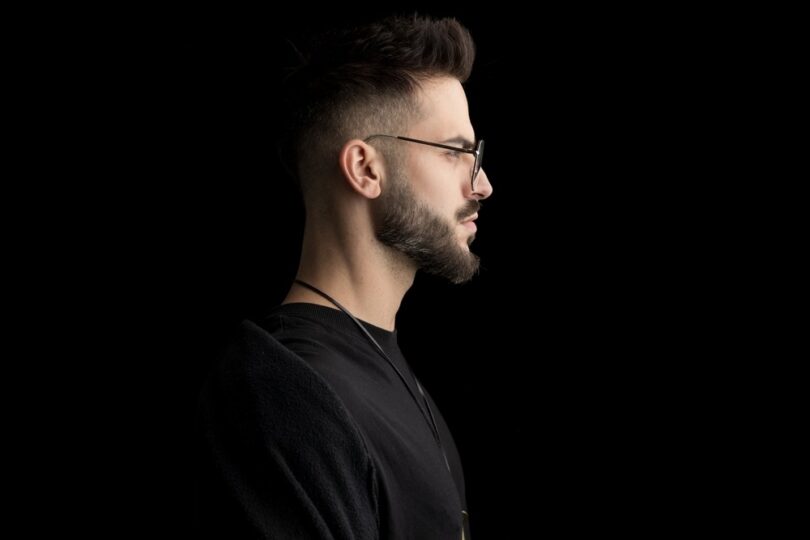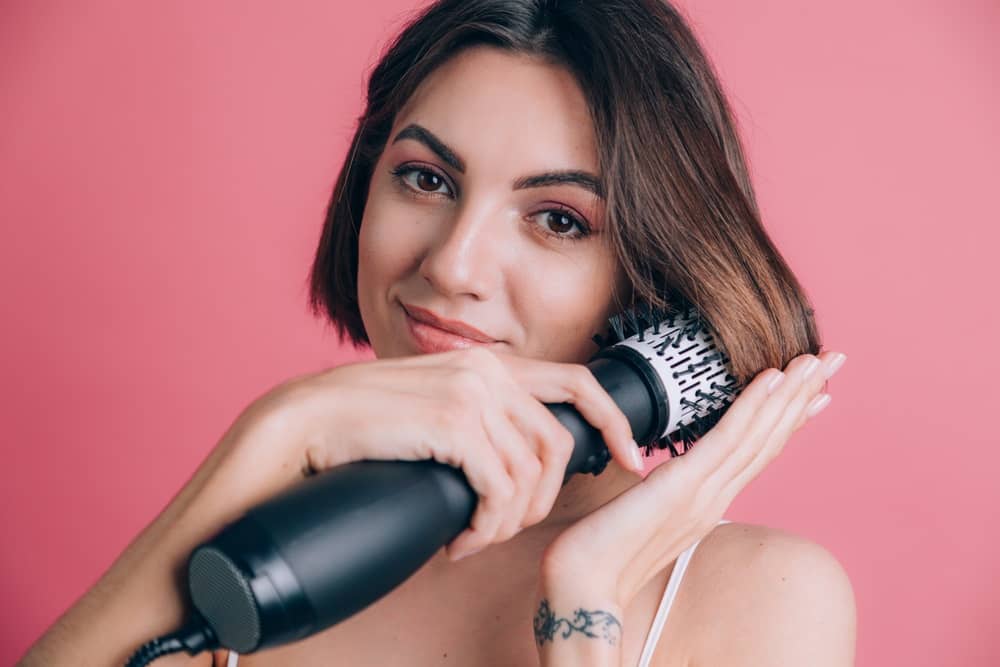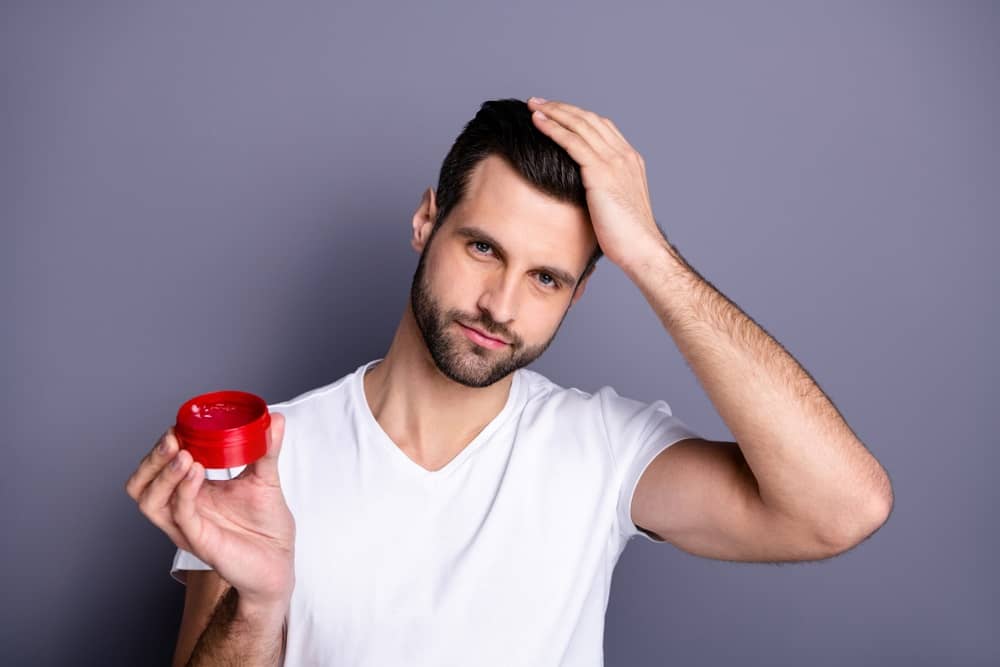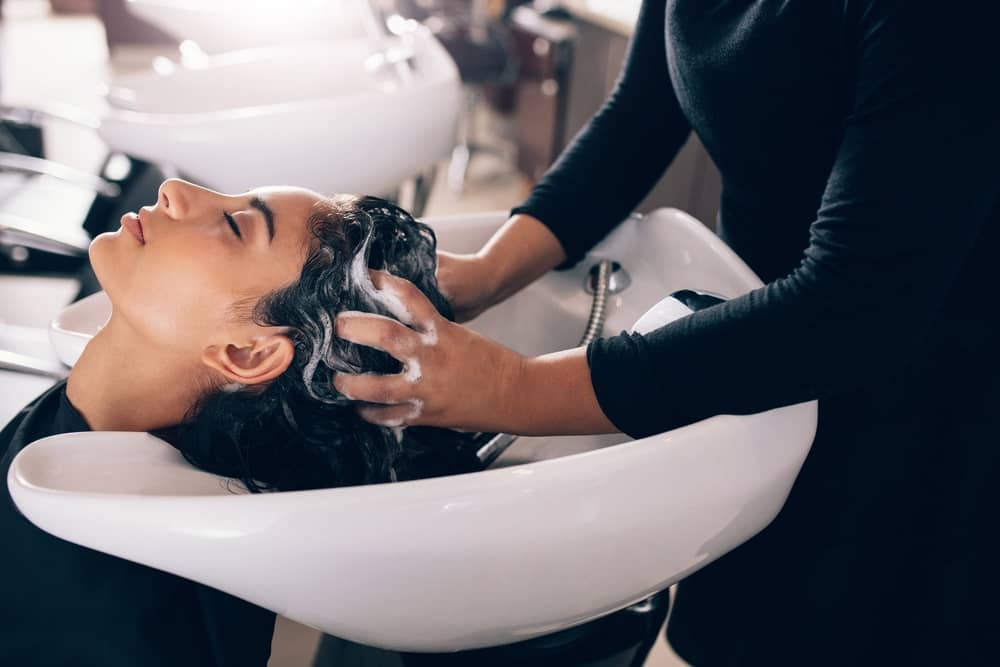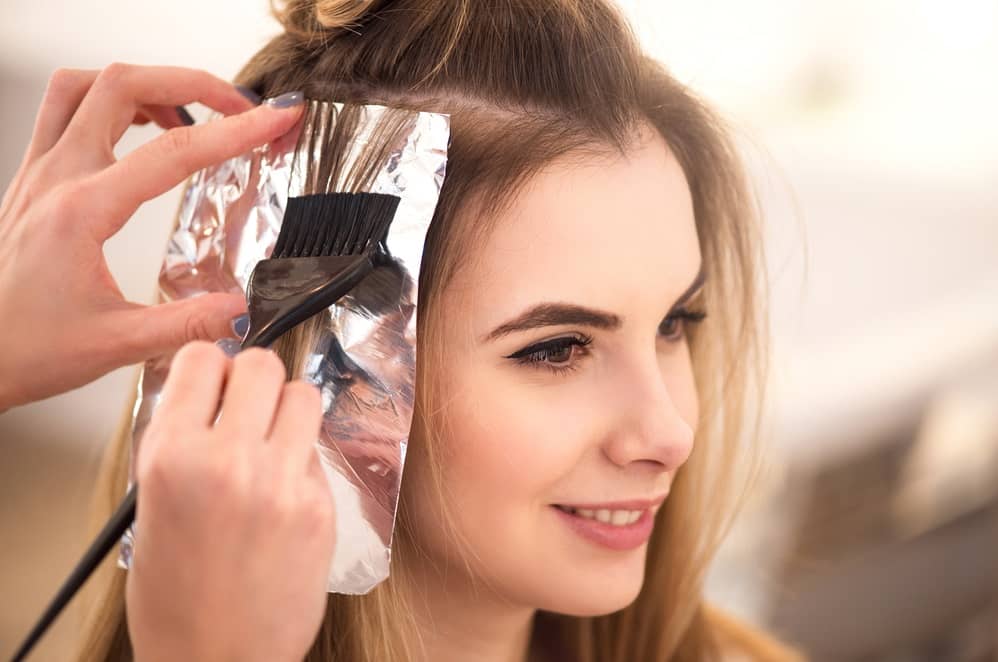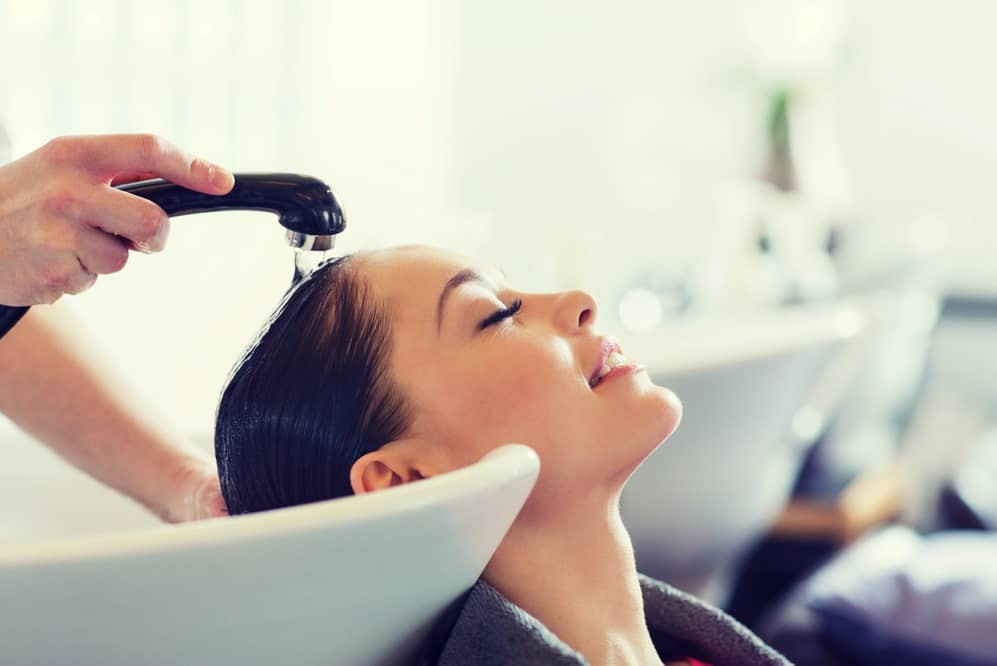The question of whether men look better with beards has been debated for centuries. From the rugged Viking warriors of old to today’s hipster culture, facial hair has gone through cycles of popularity, often reflecting trends in masculinity, fashion, and cultural values. But is there an answer to whether beards make men look better? As with most subjective questions, the answer is a bit more nuanced.
The Appeal of Beards: A Timeless Symbol of Masculinity
Beards have long been associated with masculinity, strength, and wisdom. Historically, many cultures revered bearded men as leaders, philosophers, and warriors. A full, thick beard often symbolized maturity, power, and virility. In today’s society, these associations still linger, as many men grow beards to cultivate a look that exudes confidence and dominance.
Some studies suggest that women find men with facial hair more attractive, particularly when the beard is well-groomed and maintained. Beards can add definition to a man’s face, enhance jawlines, and create a more rugged, masculine look. For men with softer or less angular features, a beard can add a layer of depth, creating the illusion of a stronger bone structure.
The Psychological Impact of Beards
Beards don’t just change how others perceive a man; they can also change how a man perceives himself. Many men report feeling more confident and self-assured with a beard, as though their facial hair gives them an extra layer of protection or authority. This psychological boost can translate into a stronger presence in social and professional settings.
Moreover, a beard can act as a form of self-expression. The way a man styles his beard—whether it’s a full beard, stubble, or a carefully groomed goatee—can reflect his personality, lifestyle, or even his mood. It’s no wonder that many men feel a strong attachment to their facial hair, often describing it as part of their identity.
The Drawbacks of Beards: Not for Everyone
While beards can enhance a man’s appearance, they’re not universally flattering. Some men simply don’t grow thick, even facial hair, which can result in patchy or scraggly beards. In these cases, clean-shaven looks or minimal stubble might be more attractive.
Beards also require maintenance. An unruly beard can quickly go from dashing to disheveled, detracting from a man’s appearance. Regular trimming, washing, and conditioning are essential to keeping a beard looking its best, which can be a time-consuming commitment. For some, the effort may not be worth the reward.
Additionally, cultural perceptions of beards can vary significantly. While some societies view beards as a mark of sophistication, others may associate them with laziness or uncleanliness. These differing opinions can affect how bearded men are perceived in different social or professional contexts.
Beards and Personal Preference
The question of whether men look better with beards ultimately comes down to personal preference. Some people are drawn to the clean-shaven, youthful look, while others are attracted to the maturity and ruggedness that facial hair can provide. Preferences often vary based on individual tastes, fashion trends, and even the specific shape of a man’s face.
The Role of Face Shape
Face shape plays a key role in determining whether a beard enhances a man’s appearance. Certain beard styles can complement specific face shapes:
- Square Face: A full beard can soften angular features, adding balance to a strong jawline.
- Round Face: A longer, well-groomed beard can create the illusion of a more defined jaw and elongate the face.
- Oval Face: Men with oval faces are often seen as lucky in the beard world because most styles suit them well.
- Triangular Face: A beard that’s fuller at the cheeks can help add balance to a narrower chin.
Understanding how different beard styles complement various face shapes can make a significant difference in how a man’s overall look is perceived.
The Science Behind Attraction to Beards
Interestingly, research into human attraction suggests that facial hair can influence how men are perceived in terms of dominance, aggression, and attractiveness. A study published in Evolution and Human Behavior found that women rated men with heavy stubble as the most attractive, while full beards were associated with perceptions of parenting ability and health.
The evolutionary perspective argues that facial hair signals genetic strength and maturity. However, the level of attraction to beards can depend on cultural and environmental factors, such as the prevalence of beards in a given society or even the perceived level of competition for mates.
Conclusion: To Beard or Not to Beard?
So, do men look better with beards? The answer largely depends on individual preferences, face shape, and personal style. Some men wear beards as a badge of masculinity, while others prefer the clean-shaven look for its simplicity and modern appeal.
At the end of the day, the key to looking good—whether with a beard or without—lies in confidence. A well-groomed beard can enhance a man’s features and exude a certain strength, but if a man feels more comfortable and self-assured without facial hair, that confidence will be just as attractive. Ultimately, the best look is the one that makes a man feel like the best version of himself.

